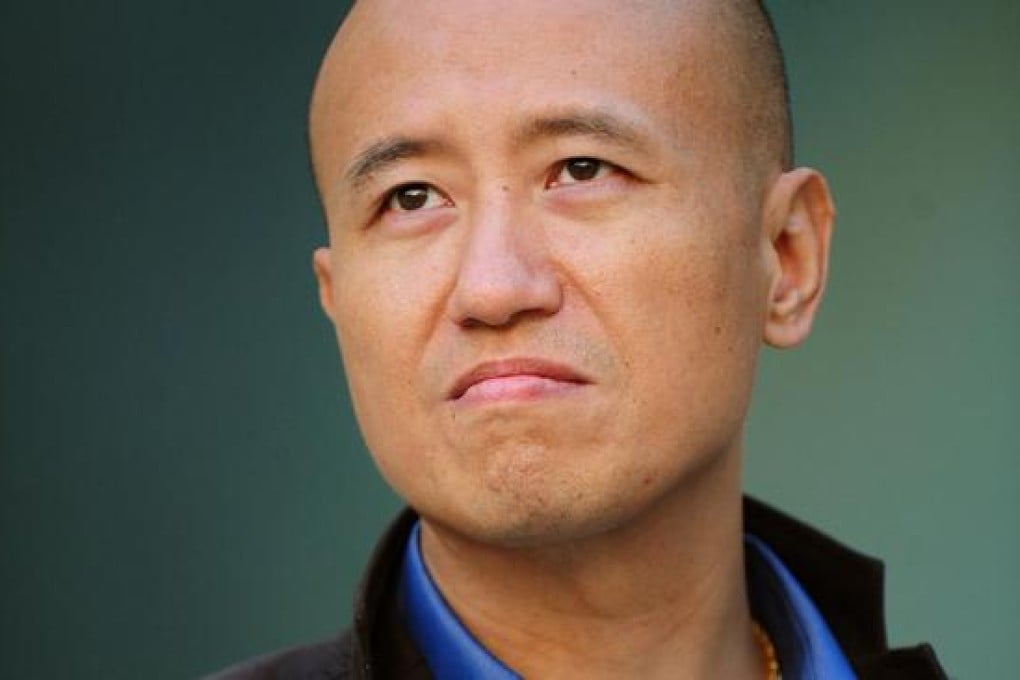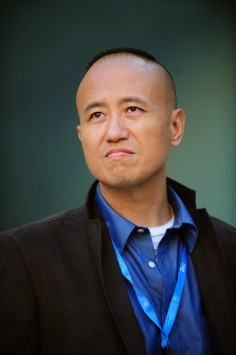Oblique critiques of China's moral decay still relevant: Q&A with author Zhu Wen
Mainland author and director Zhu Wen hit the literary limelight in 1994 with his short story I Love Dollars , in which a writer chases sex and money in a second-tier city with his ageing father in tow. This month Zhu has a new collection of short stories out in English, The Matchmaker, the Apprentice, and the Football Fan: More Stories of China , translated by Julia Lovell. Like many of his works, it deals scathingly with the moral chasm left in Mao Zedong's wake. He talks to Clarissa Sebag-Montefiore .


This book is a re-edited version. I wrote the stories 15 or, at earliest, 20 years ago. At the time of writing I believed they could stand the test of time. After 20 years there are still people reading them.
In the past 30 years, especially since the 1990s, money and sex have become better examples to reflect a lot of societal issues or mentalities of society during China's rapid development. The attitude towards money is quite interesting; in the past China didn't have money. But as it gradually starts to have money, it lacks the education that comes with money.